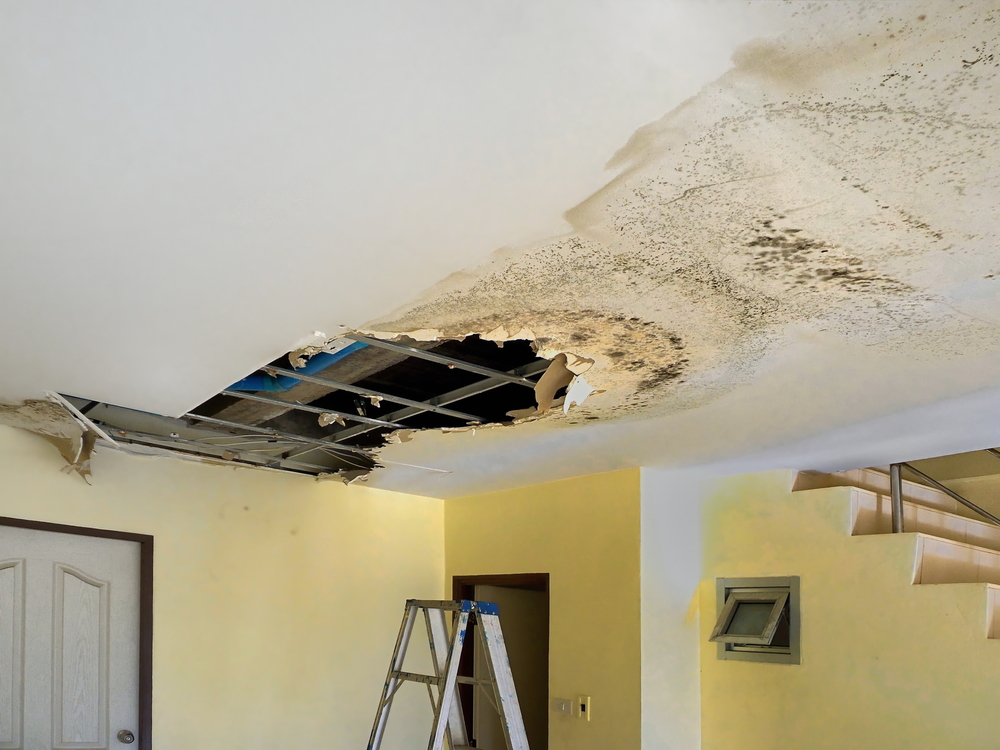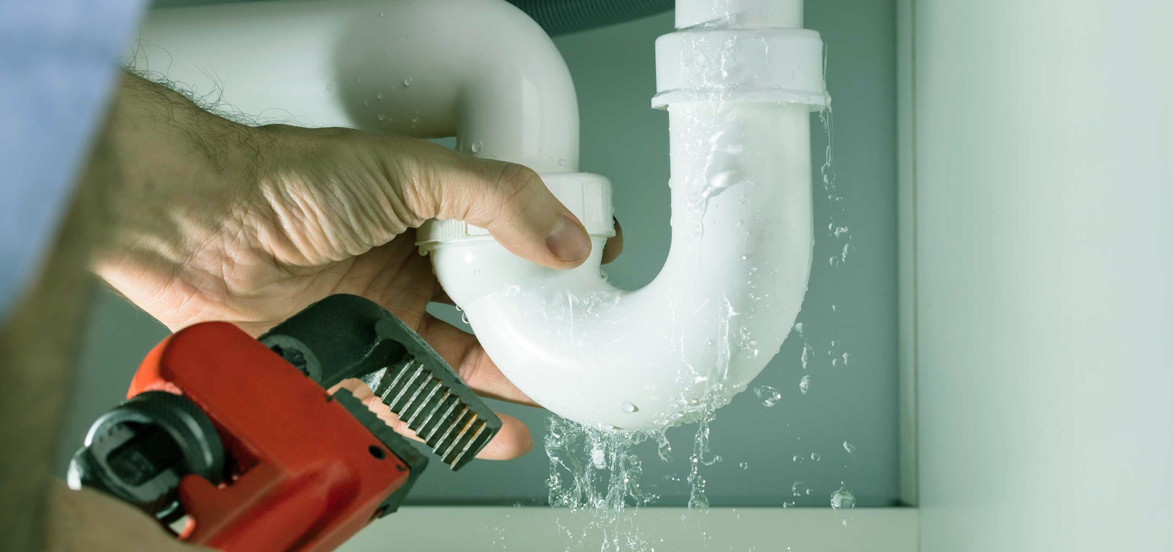Detect Hidden Water Line Leaks: 6 Clever Detection Tips
Detect Hidden Water Line Leaks: 6 Clever Detection Tips
Blog Article
What're your ideas regarding Finding hidden leaks?

Early detection of dripping water lines can alleviate a potential catastrophe. Some tiny water leaks might not be noticeable.
1. Check Out the Water Meter
Every residence has a water meter. Examining it is a surefire manner in which assists you find leakages. For beginners, turn off all the water resources. Make certain no person will flush, utilize the tap, shower, run the washing equipment or dish washer. From there, go to the meter and watch if it will certainly transform. Since no person is utilizing it, there ought to be no movements. That shows a fast-moving leak if it moves. If you detect no modifications, wait an hour or two and also inspect back once more. This implies you may have a slow-moving leak that could even be below ground.
2. Inspect Water Usage
Evaluate your water costs as well as track your water intake. As the one paying it, you should see if there are any discrepancies. If you spot sudden changes, in spite of your intake coinciding, it implies that you have leakages in your plumbing system. Keep in mind, your water expense need to drop under the exact same range monthly. An abrupt spike in your costs suggests a fast-moving leakage.
A constant boost every month, also with the exact same practices, reveals you have a slow-moving leakage that's likewise slowly intensifying. Call a plumber to extensively inspect your residential or commercial property, specifically if you really feel a cozy location on your floor with piping beneath.
3. Do a Food Coloring Test
When it pertains to water usage, 30% comes from toilets. Test to see if they are running correctly. Decrease specks of food shade in the container and also wait 10 mins. If the shade in some way infiltrates your dish throughout that time without flushing, there's a leakage between the storage tank and dish.
4. Asses Exterior Lines
Do not neglect to inspect your outside water lines also. Test spigots by connecting a yard tube. Should water leak out of the connection, you have a loose rubber gasket. Replace this and also guarantee all connections are limited. If you have actually obtained a lawn sprinkler, it will certainly help get it skillfully analyzed and preserved each year. One small leakage can waste tons of water and increase your water bill.
5. Inspect as well as Analyze the Circumstance
Property owners need to make it a habit to check under the sink counters as well as also inside cabinets for any kind of bad odor or mold growth. These 2 red flags indicate a leakage so punctual focus is needed. Doing regular evaluations, even bi-annually, can conserve you from a significant issue.
Inspect for discolorations and also deteriorating as many home appliances and pipes have a life expectations. If you think dripping water lines in your plumbing system, do not wait for it to escalate.
Early detection of dripping water lines can minimize a potential catastrophe. Some small water leaks may not be visible. Examining it is a surefire method that assists you find leakages. One tiny leakage can throw away heaps of water and surge your water expense.
If you suspect leaking water lines in your plumbing system, do not wait for it to intensify.
WARNING SIGNS OF WATER LEAKAGE BEHIND THE WALL
PERSISTENT MUSTY ODORS
As water slowly drips from a leaky pipe inside the wall, flooring and sheetrock stay damp and develop an odor similar to wet cardboard. It generates a musty smell that can help you find hidden leaks.
MOLD IN UNUSUAL AREAS
Mold usually grows in wet areas like kitchens, baths and laundry rooms. If you spot the stuff on walls or baseboards in other rooms of the house, it’s a good indicator of undetected water leaks.
STAINS THAT GROW
When mold thrives around a leaky pipe, it sometimes takes hold on the inside surface of the affected wall. A growing stain on otherwise clean sheetrock is often your sign of a hidden plumbing problem.
PEELING OR BUBBLING WALLPAPER / PAINT
This clue is easy to miss in rooms that don’t get much use. When you see wallpaper separating along seams or paint bubbling or flaking off the wall, blame sheetrock that stays wet because of an undetected leak.
BUCKLED CEILINGS AND STAINED FLOORS
If ceilings or floors in bathrooms, kitchens or laundry areas develop structural problems, don’t rule out constant damp inside the walls. Wet sheetrock can affect adjacent framing, flooring and ceilings.
https://www.servicemasterbyzaba.com/blog/how-to-detect-water-leakage-in-walls/

I ran across that piece of writing about Hacks to detect leaks while doing a lookup on the search engines. I beg you take the time to share this blog post if you enjoyed reading it. Thanks for taking the time to read it.
Get the best, ring us! Report this page